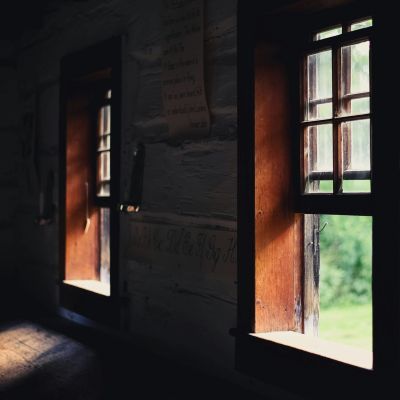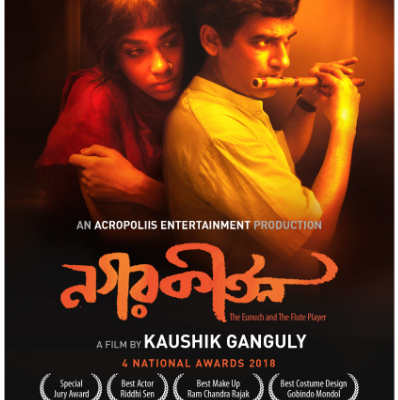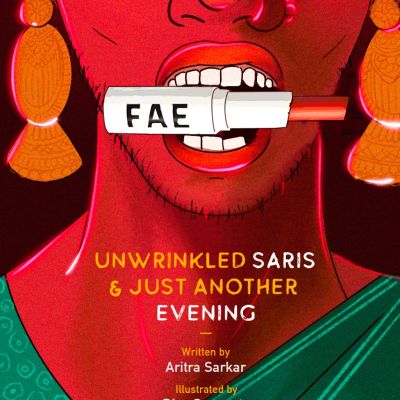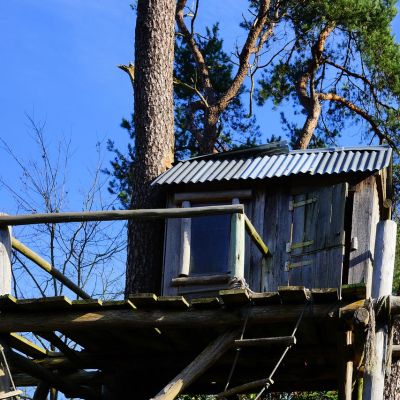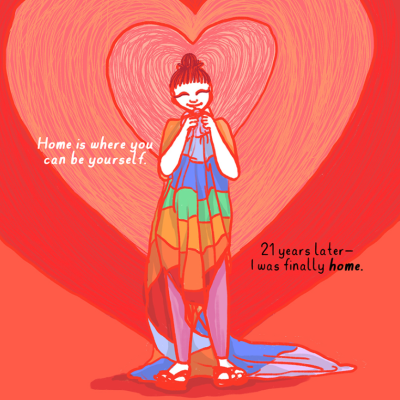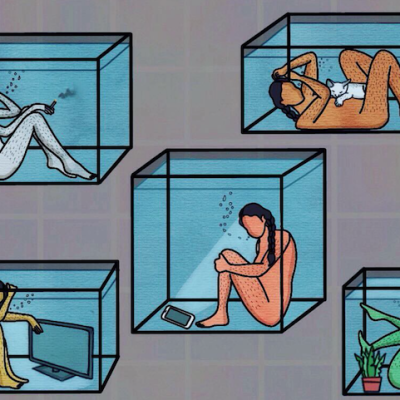Home
Everyone talks about how nobody can put a price on how much homemakers do for us, but nobody talks about the kind of behaviour they are subjected to almost every day.
The morning was heavy, laden with the weight of expectation, with the unsettling realisation that something was about to shift.
The plot of the movie narrates the tale of the love that grows between two people who are struggling to survive in a world of rootlessness and are continuing to make a cosy home for themselves. The love between Madhu, who works as a food delivery boy, and Puti, who survives by singing at traffic signals, blossoms while they cross paths everyday at the traffic signal and the look that they exchange appears to us as if each of them is trying to find a home in the other.
In a society ruled by heteronormative patriarchal structures, expressing one’s gender or sexuality outside the trimmings of what is socially acceptable is an act of resistance.
In our mid-month issue, we add context to our perceptions of and dealings with risk in our day-to-day lives. Collating and interpreting responses we received on a survey taken by small group of random individuals, Shikha Aleya looks at the transactions around risk foregrounded on the interplay of our location on the axes of gender and sexual identity, disability status, belief systems, and availability of support, amongst others.
So, what are the risks in a marriage? Well, the first and the most obvious one is that you don’t know if the partner you’ve chosen or has been chosen for you will make you happy. In the Indian context, even if they do make you happy, the family might not be too thrilled about the match.
On the other hand, in Abhay’s newly discovered wonderland, everything seemed to be awfully right. Soon, he began receiving proposals for sex-dates. Initially such proposals shocked him; for it took him a few months to get used to the fact that sex with men was only a click away.
Safety and Sexuality… in these uncertain times of COVID-19 when most of the world is in some form or other of quarantine, safety has taken on a new meaning all together. People are encouraged to stay home, not step out unless absolutely necessary, practice social distancing, and so on. Is home the safest place to be? What about if home and family are where one feels least safe?
For a lot of queer people, ‘home’ can hold complicated meanings. The space of one’s home can be fraught with bigotry and alienation, and be far from safe or comforting. And so, there is a quest to find alternate ‘homes’, to find a space where we feel truly accepted, safe and protected.
आज मुझे लड़कियों के अपने हॉस्टल से निकले हुए तीन वर्ष हो चुके हैं, और मुझे लगता है कि हॉस्टल जीवन में मिली सभी सीखें आज भी मेरे यौनिक जीवन को सही दिशा देने में कारगर साबित हो रही हैं।
Home, to me, was never a static entity, but my time in a girl’s hostel feels like the embodiment of everything my ideal “home” is – empowering, liberating, and full of women who love each other unabashedly.
Home. Be it a real home or an aspirational one, the very word evokes longing and a sense of comfort, safety, and belongingness. As this month’s articles show us, when it comes to home and sexuality, sometimes the real and the aspirational meet and sometimes they do not. Our homes may house us but they may or may not have room for our sexual expression and desires.
गुमशुदा घरों से जुडी कहानियाँ आज दुनिया के कोने-कोने में मिलती हैं, लेकिन फिर भी देखा गया है कि लोग…
Over time, I realised that ‘home’ meant not just the physical and emotional space occupied by my parents, but also a set of practices or strictures, mostly dictated by parents, related to gender roles, religion, sex, marriage, friendships and ‘appropriate’ behaviour.
As an integral aspect of the self, sexuality is at the core of home in the ways in which that home designs space for sexual being, an evolving sexual self, sexual experience and sexual expression, or does not do so, or does so for some members of the home but not for others.


